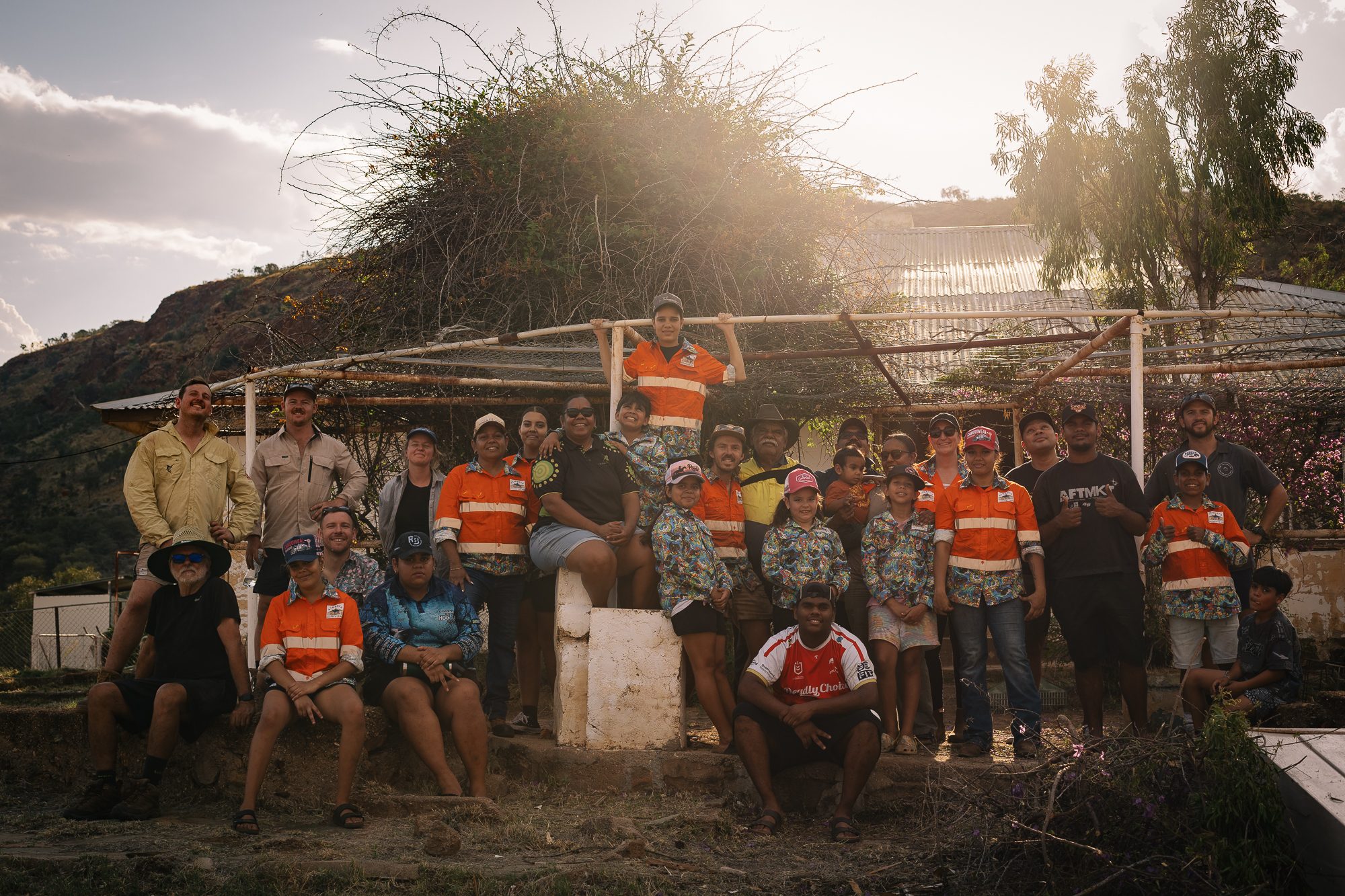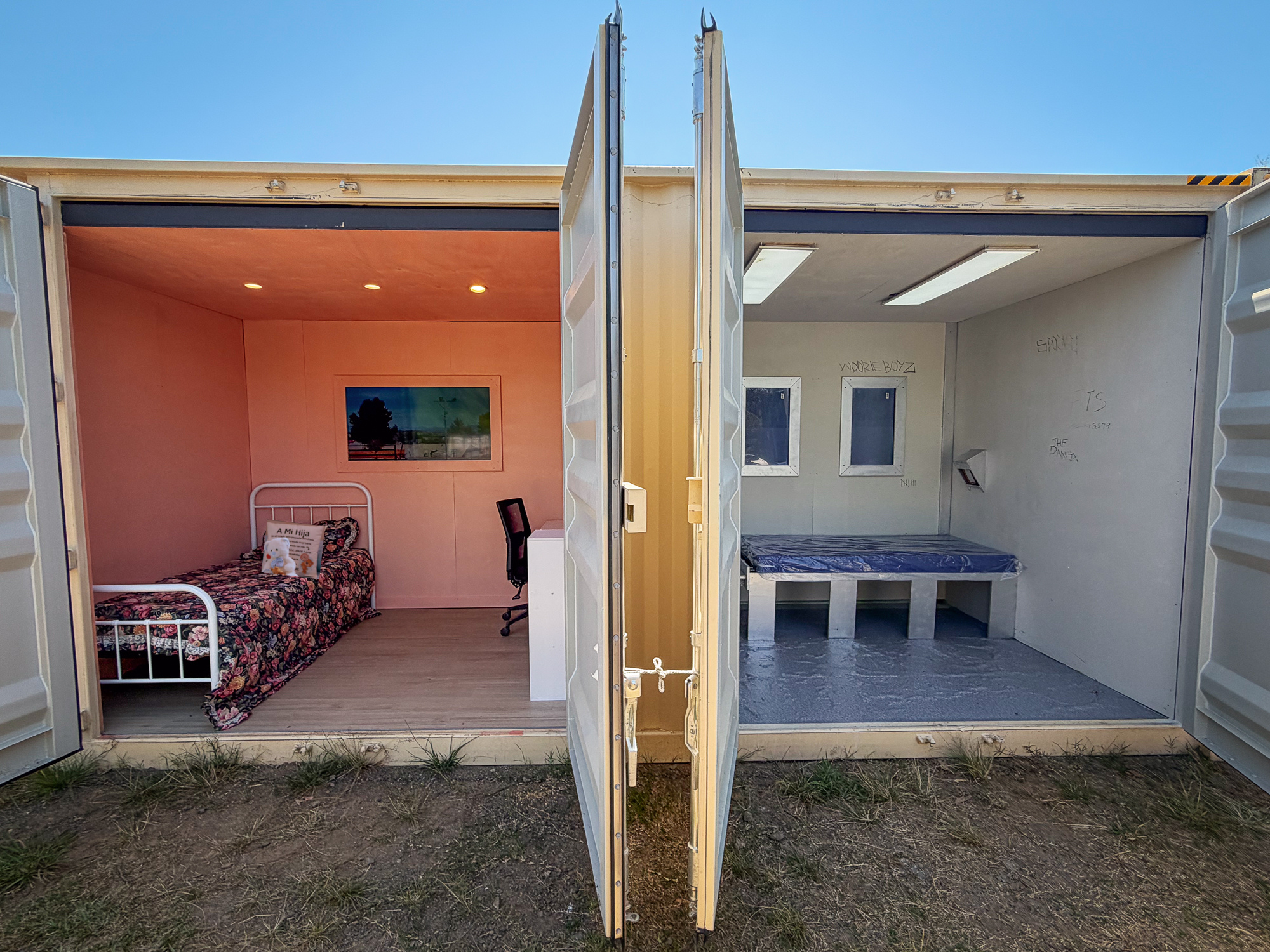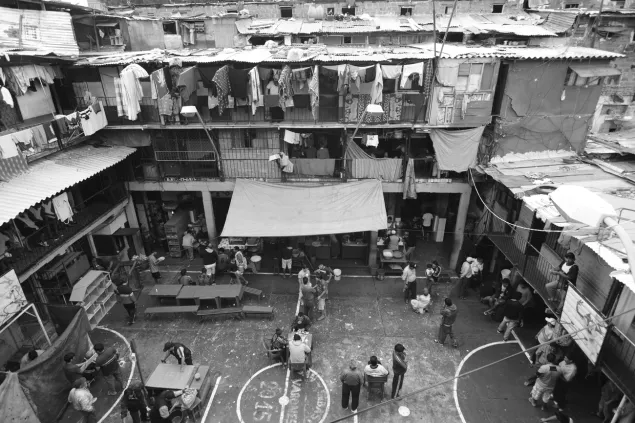"Sometimes when you're at the coalface, it's really hard to look up because you get the dust in your eyes, and you get the dust in your lungs and it's hard to breathe." Richard Cassidy pauses, reflecting on the daily challenges of creating change on Palm Island. "But then you get some sound bites from people in the community or an elder, and they go 'oh yeah, really well like what you're doing,' and now I go, oh gosh, that's gold. I absolutely needed to hear that."
This interplay between the grinding reality of daily work and moments of affirmation characterizes the path of transformation on Palm Island. As Richard notes, "for every good moment, there's probably 10, 15, 20 not so good moments." Yet it's these glimpses of progress that fuel the journey forward.

At the heart of Richard's philosophy is a profound understanding of identity and being. "For some people, they're doing people - they get their identity out of what they do," he explains. "For others, when I call our mob, we're being people. We be, to sit and to be, and it's about occupying a place or a space in relationship to family or to country." This distinction illuminates the challenge faced by many in the community: "Straight away if you haven't got a job or something like that, and you're unemployed, straight away you're on the left foot. And you go, 'well, I might be unemployed.' And that takes away from who you might be."
This understanding shapes his approach to community renewal: "How do we go from a place of brokenness where it's really hard to find who you might be because you've been displaced," he asks, "to a place where you are who you are, and you know who you might be, and then you participate in that place by what you're doing?"
Leading the MinggaMingga Rangers program, Richard has developed an approach that nurtures both being and doing. "For the last 18 months to two years, I've been banging on with my team and going, 'OK, I need you to shine because if you shine, I'll look good.' But in order for them to shine, they need a whole bunch of things like encouragement and to be able to be listened to and to know where they're coming from."

The results manifest in quiet but powerful ways. "I could almost taste it every now and then," he says, "especially in some of the eyes of these lads when they jump in the ute and they're gone. You go, 'yep, okay.' But they come back and they're sweating and they're talking about what they've done and how excited they are."
Perhaps most significantly, Richard articulates a vision of cultural synthesis that neither clings rigidly to the past nor abandons it entirely. He describes it as two edges of a spear - traditional law on one side, mainstream obligations on the other. "We're not going to say 'let's throw that one away, let's throw this one away,' but we're going to actually use each to inform the operation of what we do. And that'll sharpen our spear."
This approach requires careful discernment about what to "adopt, adapt, or abandon" - a framework passed down by Elder Uncle Graham. It's a path that demands both wisdom and courage, as illustrated by one of Richard's rangers who chose to miss sorry business to fulfill work commitments - "an absolute huge call," as Richard acknowledges, but one that reflected a deeper commitment to "push forward" for the community's future.


Looking at Palm Island's trajectory, Richard sees hope in the emerging generation: "If we look at the history of Palm... to then see a small remnant of their descendants rising out of the dust of that history and just owning a space of semi-independence and autonomy and with a space of creativity and purpose and fire and energy - then you're going to go, oh yeah, there's something different about this little team."
This vision - of a community rising from historical dust with both fire and purpose, maintaining cultural strength while engaging with modern challenges - drives the daily work at the coalface. "I'm hoping that little team will actually then grow into a bigger team," Richard reflects, "and be able to almost produce a wave or a movement of change for this place."
Even as he acknowledges the weight of expectation on the ranger program and the broader community, Richard's perspective remains grounded in hope and practical action. Like the traditional protocols that guide their work - from Welcome to Country ceremonies to cultural burning practices - the path forward moves at the speed of ceremony, not commerce. It's a journey of reconnection, of finding strength in who you are before focusing on what you do, of building capability while preserving culture.
In this way, every day at the coalface becomes part of a larger story of transformation - dust in the eyes, yes, but also golden moments of community recognition, young people finding their purpose, and a culture being renewed through meaningful work on country.





.svg)